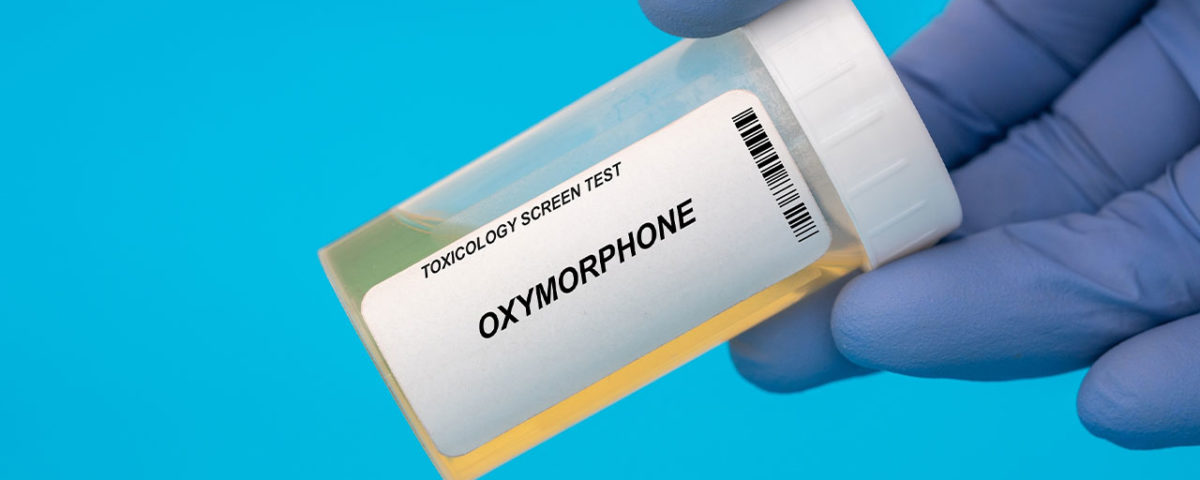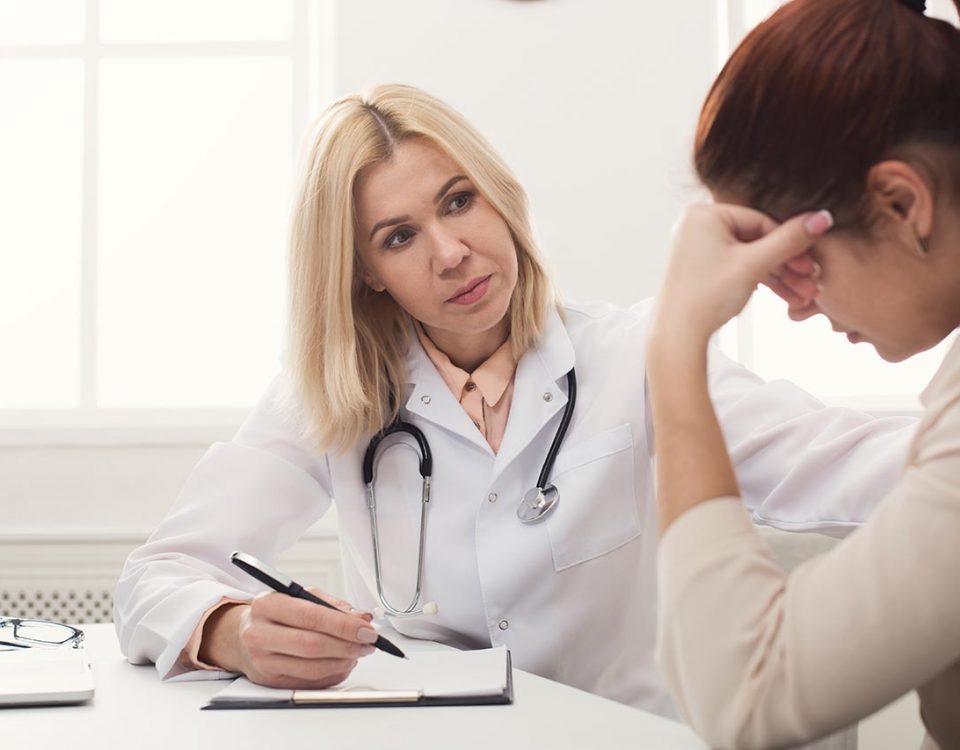As America continues to witness the devastation wrought by the opioid epidemic, it is more important than ever to be vigilant. Addiction is not an easy feat to combat and has the power to turn individuals into shells of people that they once were. What is important to remember is that losing hope should never be an option and being able to identify symptoms of an overdose can quite literally save a person’s life. Banyan Treatment Center Heartland is looking at oxymorphone overdose symptoms and what to do in case you are confronted with one.
What Is Oxymorphone?
Oxymorphone is the generic name for the Opana pill, a highly potent opiate analgesic. It is used in treating moderate to severe pain in cases where other medications are not as effective. As extended-release tablets, oxymorphone is typically taken every 4 to 6 hours. It is intended to be taken on an empty stomach, so users are advised to administer each dose roughly 1 hour before eating or 2 hours after.
Patients utilizing this drug should be aware of side effects and inform their doctor of any preexisting health conditions. Side effects can range in severity, and you should speak with your doctor if they persist or worsen over time.
Common oxymorphone side effects can include:
- Skin irritation
- Gastrointestinal pain
- Feelings of confusion or anxiety
- Racing heartbeat
- Nausea and vomiting
- Minimized desire for sex
- Irregular periods
- Intense sleepiness
- Seizures or fainting
If you are in fear that someone is suffering from a severe reaction, call 911 immediately or take them to the nearest emergency room.
Symptoms of Opioid Overdose
Considering the oxymorphone classification as an opioid, it possesses a high likelihood of dependency. This is reinforced by the fact that one of the distinct purposes of this drug is to provide relief for patients that have already developed a tolerance for alternative painkillers. Opioid abuse of any kind presents the risk of addiction and, in turn, overdose, with many symptoms appearing similar to one another in that drug class. With substances like fentanyl being discovered in drugs, it makes any kind of illicit substance abuse all the riskier.
Being able to accurately identify symptoms can help people know when lifesaving efforts are required.
Signs of an oxymorphone overdose
- Clammy skin that is cold to the touch
- Very shallow or slowed breathing
- Noticeable sleepiness or “nodding off”
- Abnormal pupil size
- Snoring or gurgling sounds
- Skin, mouth, or fingernails that are blue in color
- Limbs that are limp or unable to move
If you suspect that someone is suffering from such an overdose, administer Naloxone, if available, and call 911. Naloxone is a drug that is effective in reversing these life-threatening symptoms and increasing the likelihood of survival. In addition, if safe to do so, administer CPR until emergency services arrive.
Get the Care You Need With Our Heartland Treatment Center
For those fearful that the habits of a loved one could result in an overdose, getting them the necessary treatment in a timely manner is crucial. Withdrawals may seem daunting, especially when faced on one’s own. That is why Banyan’s Heartland detox offers programs for opiate withdrawals. With it, patients have the ability to take advantage of our effective opioid addiction treatment programs.
With a variety of effective treatment programs, like cognitive-behavioral therapy, participants will have the opportunity to take a good hard look at their situations and figure out ways to improve them.
To learn more about our care options at our Gilman, IL, Banyan rehab, call one of our intake specialists at 888-280-4763 today.
Related Reading








